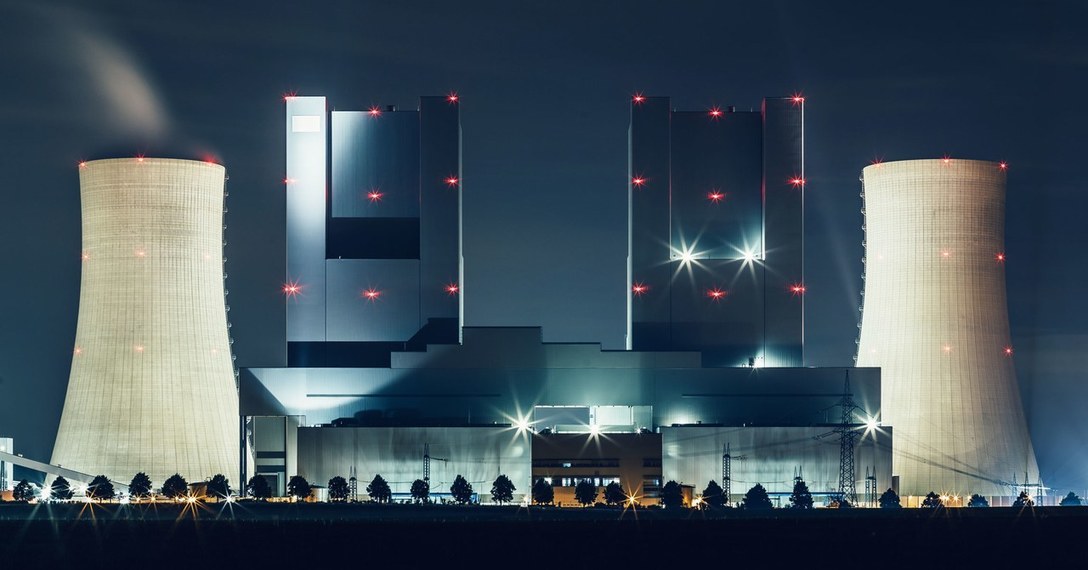Germans have always had a complicated relationship with nuclear power, but the radioactive cloud that swept over Germany following the Chernobyl disaster in the mid-1980s gave new life to the antinuclear policies supported by the country’s Green Party. Following Japan’s Fukushima Daiichi plant meltdown, Germany’s antinuclear lobby kicked into high gear, and tens of thousands of people took to the streets in protest. The German government quickly passed legislation to decommission all of the country’s nuclear reactors, ostensibly to keep its citizens safe by preventing a Fukushima-style disaster. But a study published last month by the nonprofit National Bureau of Economic Research suggests that Germany’s rejection of nuclear power was an expensive and possibly deadly miscalculation.
To uncover the hidden costs of denuclearizing Germany, economists used machine learning to analyze reams of data gathered between 2011 and 2017. The researchers, based at UC Berkeley, UC Santa Barbara, and Carnegie Mellon University, found that nuclear power was mostly replaced with power from coal plants, which led to the release of an additional 36 million tons of carbon dioxide per year, or about a 5 percent increase in emissions. More distressingly, the researchers estimated that burning more coal led to local increases in particle pollution and sulfur dioxide and likely killed an additional 1,100 people per year from respiratory or cardiovascular illnesses.
Altogether, the researchers calculated that the increased carbon emissions and deaths caused by local air pollution amounted to a social cost of about $12 billion per year. The study found that this dwarfs the cost of keeping nuclear power plants online by billions of dollars, even when the risks of a meltdown and the cost of nuclear waste storage are considered. “People overestimate the risk and damages from a nuclear accident,” says Akshaya Jha, an economist at Carnegie Mellon and an author of the study. “It’s also clear that people don’t realize the cost of local air pollution is pretty severe. It’s a silent killer.”
Germany is unlikely to reverse course, but the study’s conclusions provide an important lesson for the United States, where the future of nuclear energy is increasingly uncertain.
Sourced through Scoop.it from: www.wired.com



Leave A Comment